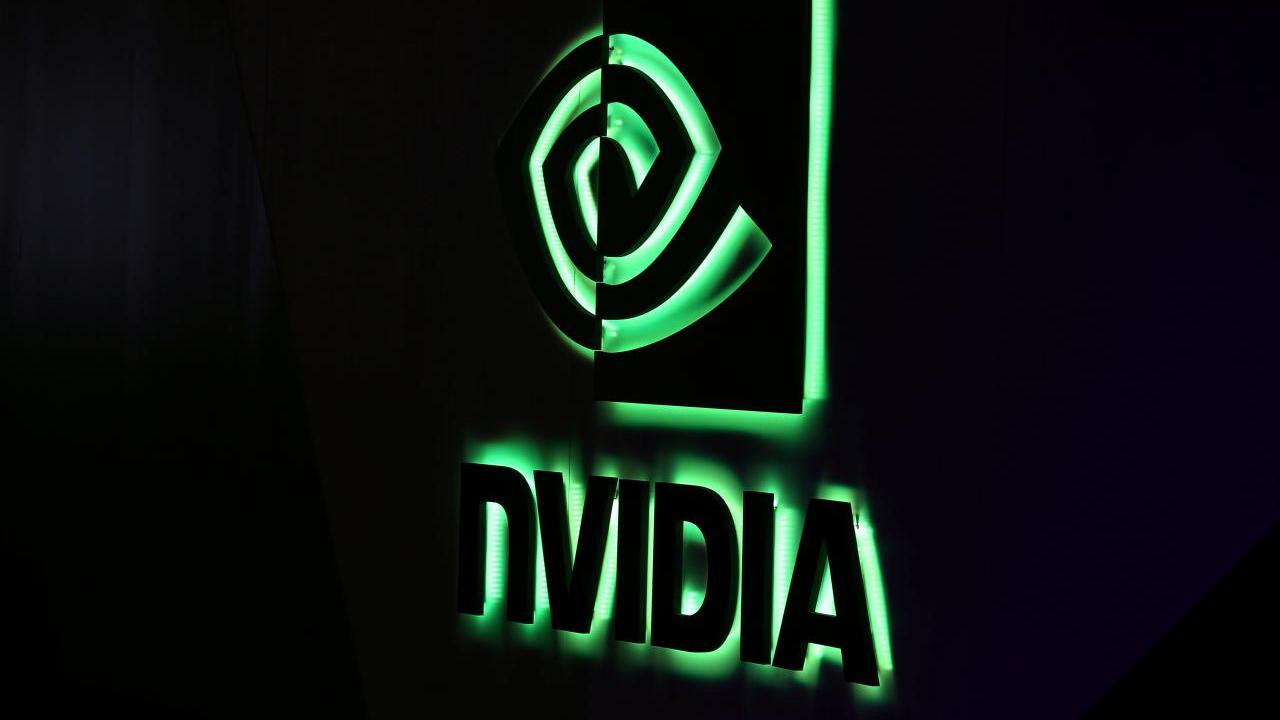Nvidia on 8 January announced its
Drive AutoPilot
platform, with
artificial intelligence
technologies, that can enable the next level of self-driving cars by 2020, further strengthening its position in the industry. The chipmaker said that German automotive suppliers Continental AG and ZF Friedrichshafen AG will be using the platform in their “level 2+”
self-driving
systems going into production starting next year. [caption id=“attachment_5854971” align=“alignnone” width=“1280”] A NVIDIA logo is shown at SIGGRAPH 2017 in Los Angeles. Image: Reuters[/caption] ZF is also offering for the first time the option of using a chip made by rival Xilinx along with Nvidia. The level 2+ autonomous vehicles would add greater automation capabilities such as highway merge, lane change, lane splits and personal mapping to existing advanced driver assist systems (ADAS). Nvidia said the platform integrates its Xavier system-on-chip (SoC) processors and the Drive software to process data from sensors outside the vehicle and inside the cabin. Drive AutoPilot is part of the Nvidia Drive platform, currently being used by hundreds of companies involved in self-driving cars — including Uber
and Volkswagen
AG, and also by software developers, auto suppliers, sensor and mapping companies.
A NVIDIA logo is shown at SIGGRAPH 2017 in Los Angeles. Image: Reuters[/caption] ZF is also offering for the first time the option of using a chip made by rival Xilinx along with Nvidia. The level 2+ autonomous vehicles would add greater automation capabilities such as highway merge, lane change, lane splits and personal mapping to existing advanced driver assist systems (ADAS). Nvidia said the platform integrates its Xavier system-on-chip (SoC) processors and the Drive software to process data from sensors outside the vehicle and inside the cabin. Drive AutoPilot is part of the Nvidia Drive platform, currently being used by hundreds of companies involved in self-driving cars — including Uber
and Volkswagen
AG, and also by software developers, auto suppliers, sensor and mapping companies.
Nvidia says new self-driving platform Drive AutoPilot to hit streets in 2020
Reuters
• January 8, 2019, 11:15:48 IST
Nvidia’s platform can enable self-driving cars by 2020, further its position in the industry.
Advertisement
)
End of Article